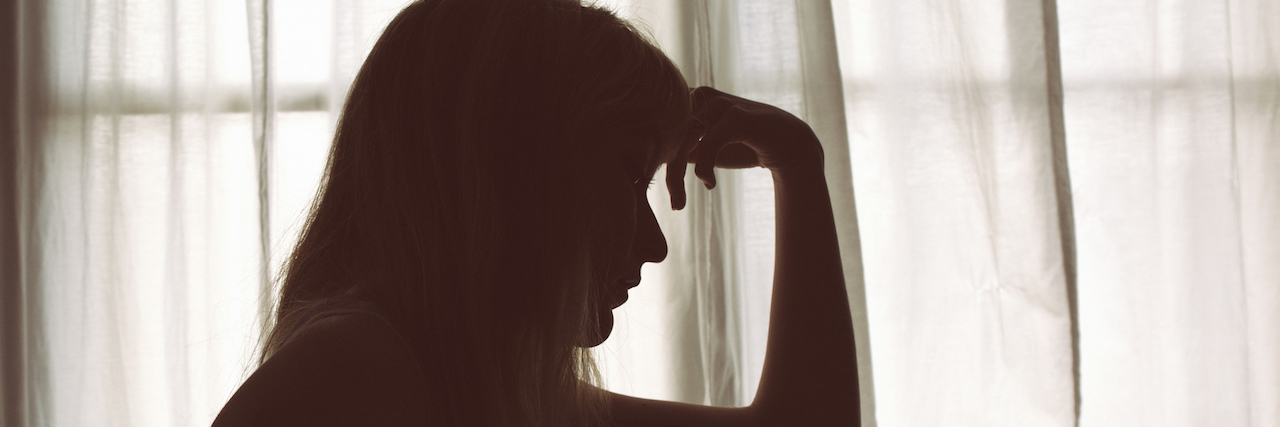Summers are always hard for me. I never thought about it much until I was hospitalized two summers in a row — one after the next. June into July. Just like clockwork. Every time.
After two summers like this, I began to realize my main trigger: lack of structure. High school wasn’t great, but it was structure, and each summer break I struggled more and more. But it would always come to an end — school would begin again after Labor Day every fall. Just make it to Labor Day.
But then I graduated high school, which was a bit of a shock. I wasn’t a bad student, but I struggled so much that I didn’t expect to live through it. And the summer that followed graduation was the one I came closest to taking my life. I was so lost because life after Labor Day was now uncertain. I wasn’t returning to my usual routine and structure, in fact, it would all be new. And college has no structure. Not for someone like me anyway.
Fast forward to now, and summer is as hard as ever. It’s not just that the depression hits like clockwork, but these months are a trigger to what happened during previous summers.
I’ve made it farther this time around. It’s already passed the 4th of July. Maybe that means something, progress perhaps. But it has now hit me like a ton of bricks a few days ago. Although it has only been a few days, it’s so bad that it feels like a lifetime of suffering, and I can’t go on.
When I ask people to go do something with me during these times it’s not because I really care about a certain activity or summer outing. It’s that no matter how much I desire to, I just can’t be alone on days like today. Someone once told me, “Do something your future self might thank you for.” That has always stuck with me. Well, my future self might thank me for staying alive. So while I don’t want to, I try to look out for my [future] self by reaching out.
When I ask to go to the pool, it might not sound like reaching out. When I ask to go kayaking, it might not sound like reaching out. When I ask to go hiking or for a drive, it might not sound like reaching out. It might sound like just a little thing, something that would be easy for you to make an excuse as to why you can’t, something you don’t think twice about saying no to because you’re working or you might be later. But I’m here to tell you: it’s a big thing. It’s a big deal.
The problem with the stigma surrounding mental illness and the crises that often accompany them is that I can’t just say, “I need help.” I can’t tell you, “I need you to hangout with me today so I don’t kill myself.” I can’t say these things because you freak out. Because it makes me scary. Because you just tell me to call a hotline which isn’t helpful for me. Because it’s attention seeking and fake. So instead I simply ask, “Do you want to go to the pool today?”
I just need someone to say yes to that question sometimes. Or any question of the sort. I’m not asking for a lot. I don’t care how well we know each other, if you could just say, “I’d love to hangout,” that means something. “Likes,” “loves” and comments on my mental health posts mean nothing when it comes down to it. Spending some time with me when I’m trying to stay out of the hospital does. It’s not scary and it’s not supposed to be pressure for you.
I need you to give me more reasons to live, even if it’s just for two hours. I don’t seem to have “friends” anymore, and for the most part, that is fine by me. But sometimes I need one — because I am drowning. And the irony is, that if just one person said yes to swimming, I wouldn’t be.
If you or someone you know needs help, visit our suicide prevention resources page.
If you need support right now, call the National Suicide Prevention Lifeline at 1-800-273-8255, the Trevor Project at 1-866-488-7386 or text “HOME” to 741-741. Head here for a list of crisis centers around the world.
We want to hear your story. Become a Mighty contributor here.
Thinkstock photo via Cindygoff.

